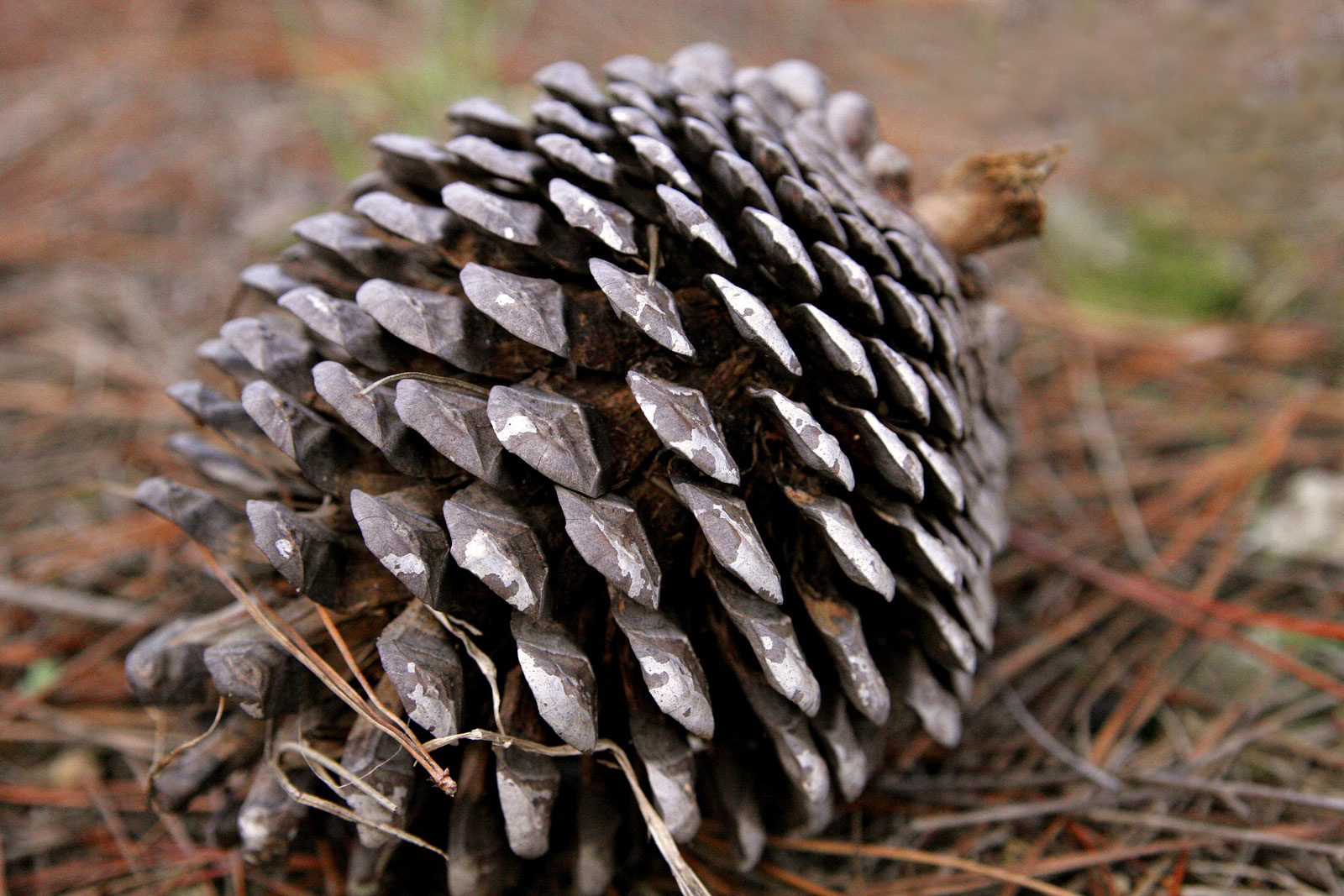By Mai Anh Doan
What happens when you soak pinecones in water? They close. And how do you get them to open up again? Well, either put them under direct sunlight (something we miss during these winter months) or put them in an artificially hot setting such as an oven. In both cases, it will take more time for them to open up again.
The metaphor powerfully reminded us, twelve members who sat in the University of the Fraser Valley’s very first New Faculty Development Program, about the importance of creating an open and inclusive classroom environment for students. On every Friday afternoon, for 11 weeks, we switched to being mature students and tackled the most essential issues of learning and teaching at UFV. The classes were always full of ideas and energy as members discussed and shared their teaching experiences with each other and with facilitators from the Teaching and Learning Unit and guests.
In the first half of the program, we re-examined seemingly traditional concepts such as student motivation, engagement in learning, learner community, experiential learning, and positive collaboration. Classic reads, for example, Freire’s banking concept or Mezirow’s transformational model of learning were used as starting points for further in-class discussions on their implications for various disciplines. We were also treated to hearing stories from students and seasoned faculty members who designed and participated in elaborative experiential learning opportunities that made life-long impacts.
For the second half of the program, we immersed in the sea of educational technologies. Some of the members are very well versed in this area, and all of us learned something from everybody. Through a Blackboard discussion, we built an impressive repertoire of the technologies that consists of well-known and well-used tools such as PowerPoint, or Blackboard Collaborate, and newer, cool programs such as Zeetings, Socrative, VoxVote that get students to participate in class in real time.
But perhaps, the biggest takeaway from the program was the opportunity for us, newbies to UFV, to network with peers from other departments. Some of us are already talking about cross- and inter-disciplinary projects that help students see their subjects of study under different lights. As the program continues next semester, we are in fact looking forward to seeing some of these projects come to fruition.

